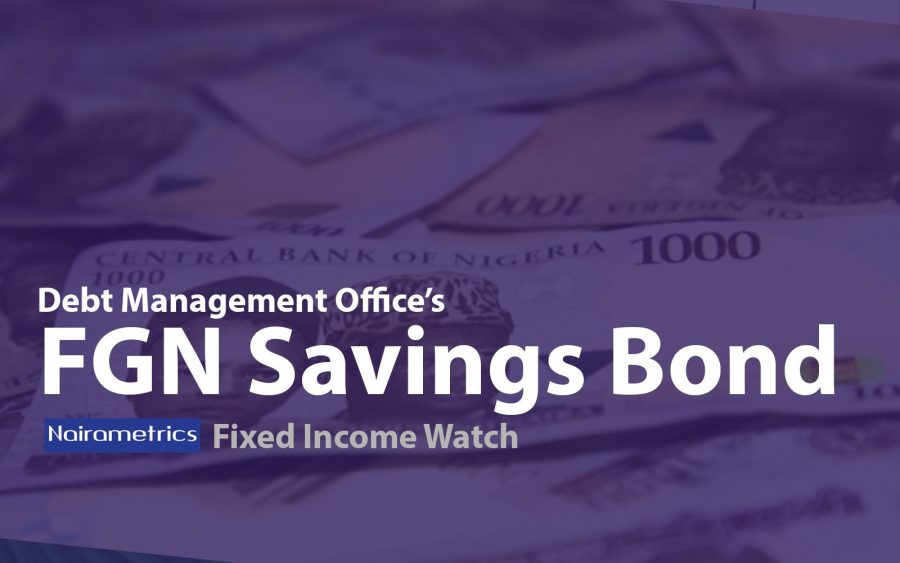Banks are in the business of accepting deposits and lending money to customers. The advent of internet banking and online services has broadened the opportunities for revenue generation through bank charges. A bank charge covers all fees incurred by customers from making various transactions through a bank. These charges include monthly card maintenance charges, withdrawal charges, overdraft charges, etc.
In recent times, there have been numerous complaints from customers about excessive bank charges with no basis for some of them.
In a statement in February 2016, the Central Bank of Nigeria (CBN) compelled banks to return N6.2 billion in excess charges to customers for the year 2015.The statement captioned, “Alleged Excess, Illegal Charges by Deposit Money Banks (DMBs)”, said that CBN had “received series of complaints from customers of Deposit Money Banks alleging excessive, and in some cases, illegal charges from their respective banks”.
Understanding and tracking bank charges on your account is very important. We explain in this article how to detect if your bank account is being overcharged.
Know the approved bank charge
The CBN sets regulations that prevent banks from charging excessive fees and it is the responsibility of every bank’s customer to know the approved charges for all types of transactions incurred from his/her bank.
The CBN, earlier last year, reviewed its guide on charges on various products and services by DMBs, other financial institutions and mobile payment operators on their customers’ accounts. This was expected to enhance flexibility, transparency and competition in the Nigerian banking industry.
Some examples include:
Current Account Maintenance Fee (CAMF) is negotiable but subject to a maximum of N1 per mille when you initiate a transfer out of your account. CBN said that the charges are only applicable to customer-induced debit transactions to third parties and debit transfers/lodgments to the customer’s account in another bank. The CAMF is not applicable to a savings account.
Electronic Funds Transfer
The CBN fixed the rate at N50 for transfers below and above N10m and N550 for Real-Time Gross Settlement (RTGS).
A friend of mine, who has accounts in 2 different banks, is charged the following:
Access Bank – N65 per transfer to any other bank
First Bank – N52.50 per transfer to any other bank
Foreign Exchange Transfer
Forex transfers out of customers’ accounts will incur charges of 0.5% Commission on Turnover (COT) plus any associated off-shore charges.
Example: if you transfer $1000 from your domiciliary account, your bank will be expected to charge you $5.
Withdrawal from another bank’s ATM
You will be charged N65 after the third withdrawal from another bank’s machine, within the same month. You will have to keep track of the number of times you make use of other banks’ ATMs and match it to the charges on your account to spot any excess charge.
SMS Alert
Not more than N4/SMS (fees on alerts are restricted to only customer-induced transactions).
You will have to find out the exact number of transactions from your bank and multiply the total number of SMS received for that month by N4.
If the total number of messages received from your bank is 30, you will be charged N120 (30 x N4).
Note that SMS alert is mandatory. If a customer requests not to receive SMS alerts, the customer should issue an indemnity for losses that may arise as a result, to the bank.
Stamp Duty Charge
A N50 stamp duty charge was introduced by the federal government in a circular last year. Bank’s customers are to pay N50 stamp duties for monies received into their accounts via electronic transfer, cash and cheque.
Some Nigerian banks process this charge by the end of the week. You would have to check your account statement to see the inflows which came in that week and calculate the charge per inflow.
For example, if you receive deposits of N20,000 on Monday and N30,000 on Thursday, you will incur a stamp duty charge of N100 by the end of that week.
Monthly card fee
Your bank is expected to charge you N50 monthly for card maintenance fee and N1000 one-off charge for issuance or reissuance of debit cards.
There are other numerous charges by banks to their customers. Every customer is different and the nature of transactions done on a daily basis differs from customer to customer. To see the full guideline on charges for the various products and services offered by DMBs, you can go to www.cbn.gov.ng and download “Guide to Charges by Banks”. You could also visit the website of your bank, or contact the customer care for any enquiries and complaints you may have.
Also follow this Guide to Nigerian Bank Charges to get more information and numerous other charges banks take on your account.















